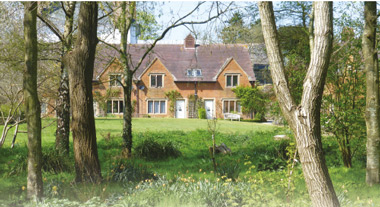Looking to the future
Go backIt is only a decade since Apple launched the smartphone that changed our lives. Now we take for granted Internet access, texting and video phone calls with the family anywhere in the world. At the touch of a screen we read newspapers, book holidays, download music and plan our car journeys.
Technology is changing at an ever-faster pace and the next big evolution is IOT (Internet of Things) whereby pretty well everything from light bulbs to cars will be connected.
What will life be like in a decade’s time? Driverless cars are just around the corner and private car ownership may become less of a norm in the app-led sharing economy, epitomised by Uber and Airbnb. Driverless cars may replace estate minibuses. For now the issues to be faced are more down to earth such as what to do about older minibuses, popular on those estates that have them. To make sure their use is a pleasurable experience, Cognatum has been looking at how to modernise the fl eet and encourage more use and better value for money. Stuart Court in Minchinhampton ran a trial over the summer with a lease arrangement from Mercedes Benz. The initial feedback was positive and so now there will be further cost-benefit analysis.
Whilst the need for added security measures is generally low, they can be reassuring for residents and some existing equipment requires replacement. CCTV has come a long way in the last few years. It is simpler and less costly to install and the cameras are unobtrusive, while the Internet has enabled high-quality images to be viewed remotely in real time on smartphones. Cognatum is reviewing estate security and personal security arrangements through emergency call
companies, to see how technology can improve the quality and speed of response so that assistance can be dispatched immediately, alongside any support provided by the estate manager.
Gardens rely on more traditional technology. Our ten-year garden plans engage with a range of environmental concerns. For example, Manor Court in Wiltshire has implemented a new composting system that aims to tackle the issue of waste management. Built nearly 40 years ago, it is a beautiful estate, inspired by the Elizabethan almshouses of nearby Froxfield, with woodland and a stream. Garden Adviser Charles Gilchrist is extremely enthusiastic:
“Disposal of rubbish is one of our biggest and potentially most expensive challenges. It makes no sense to remove free leaves off site only to have a delivery of compost in order to feed the beds”
He hails the three-bins system at Manor Court as ideal, enabling a rotation that ensures that there is a steady supply of compost.
